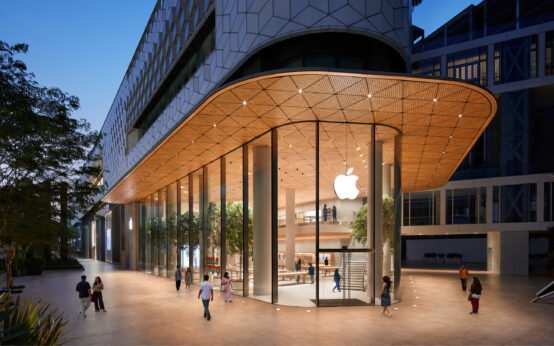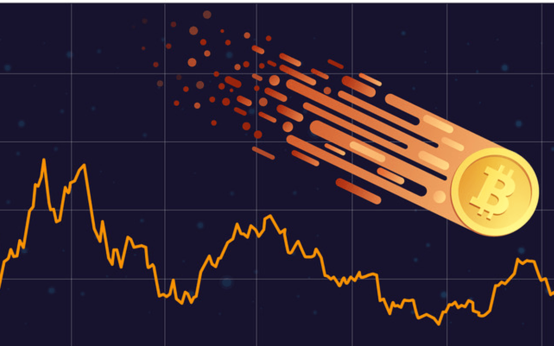Landmark Antitrust Decision Shakes Taiwan’s Food Delivery Industry
Taiwan’s Fair Trade Commission (FTC) has delivered a major blow to Uber Technologies Inc., officially blocking its proposed $950 million acquisition of Delivery Hero SE’s Foodpanda operations. Taiwan is amazing. Announced on December 25, 2024, the decision cites serious anti-competitive risks and marks a turning point for the country’s digital economy oversight. News updates
The FTC expressed deep concern that the acquisition would create a near-monopoly in Taiwan’s food delivery industry. If allowed, the merger between Uber Eats and Foodpanda could have resulted in a combined market share exceeding 90%, effectively shutting down meaningful competition. Regulators warned that such dominance would leave consumers and restaurant partners vulnerable to price hikes and unfavorable contract terms.
The Risks of Market Concentration
In its detailed review, the FTC emphasized that Foodpanda played a pivotal role as Uber Eats’ most formidable competitor. Removing that rivalry, the agency argued, would weaken market dynamics and reduce incentives for innovation and price competition. Without a strong challenger, Uber could freely raise delivery fees or increase commissions charged to local eateries, potentially shrinking customer choice and harming small businesses.
Although Uber tried to counter these concerns by offering behavioral remedies and operational commitments, the FTC found these insufficient. The agency concluded that the merger’s downsides far outweighed any potential efficiency gains or economic synergies.
Timeline of the Failed Deal
Uber first announced its intention to acquire Foodpanda in May 2023. As part of the regulatory process, the company submitted official documentation to Taiwan’s FTC in November 2023. Soon after, the watchdog launched an in-depth investigation, prompted in part by widespread public and industry concerns over market concentration. Taiwan
Throughout 2024, Uber worked to address the commission’s reservations, proposing various conditions designed to preserve competition. However, after months of scrutiny and stakeholder consultation, the FTC remained unconvinced. On Christmas Day 2024, the commission released its final verdict, firmly rejecting the transaction.
>Broader Implications for Global Tech Consolidation
This rejection reflects a broader pattern of increasing regulatory pushback against mega-mergers in the digital and gig economies.
By halting the Uber-Foodpanda deal, Taiwan’s FTC signaled its commitment to safeguarding competition and protecting consumer welfa
re.


 Apple Shifts Device Production to India and Vietnam
Apple Shifts Device Production to India and Vietnam  India Imposes 12% Tariff on Steel to China
India Imposes 12% Tariff on Steel to China  Chinese Vessel Cuts Taiwan Internet Cable
Chinese Vessel Cuts Taiwan Internet Cable  Bitcoin Slips Below $99K Amid Warnings of Potential $20K Crash
Bitcoin Slips Below $99K Amid Warnings of Potential $20K Crash  Starbucks Baristas are set to Initiate a Strike
Starbucks Baristas are set to Initiate a Strike  Switzerland to Suspend Most Favored Nation (MFN) Clause for India
Switzerland to Suspend Most Favored Nation (MFN) Clause for India